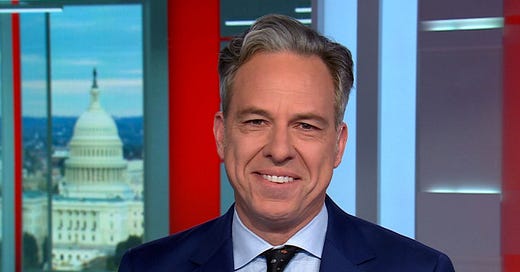Why the Slow Death of Cable News Is a Story Worth Celebrating
The decline of cable is obviously bad news for the six largest cable news networks (Fox, CNN, Fox Business, MSNBC, CNBC, and HLN). But it's great for consumers, content creators, and liberty.
For more than a quarter-century, we’ve been hearing predictions about the demise of cable—and with it, cable news.
A Pew Research article from 2000 showed the trends began more than 30 years ago, when consumption of broadcast and local news began to decline, and users began to get more news (and entertainment) online.
These trends have only increased since, to the extent that the long decline in cable news may finally be reaching its end.
“This week might well mark the last time we ever care so much about cable TV news,” veteran media analyst Alan Wolk noted in April, following the surprising departures of Tucker Carlson from Fox News and Don Lemon from CNN.
Wolk wasn’t saying cable news was necessarily a terrible product; it was an obsolete one on an obsolete platform. While he didn’t predict that the death of cable was imminent, he made it clear it might be time to start looking for hospice care.
“…eventually, probably sometime in the next five to ten years, cable TV is going to stop being worth it for all parties involved and will, for all intents and purposes, disappear,” Wolk wrote.
End of Days?
The decline of cable is obviously bad news for the six largest cable news networks (Fox, CNN, Fox Business, MSNBC, CNBC, and HLN).




